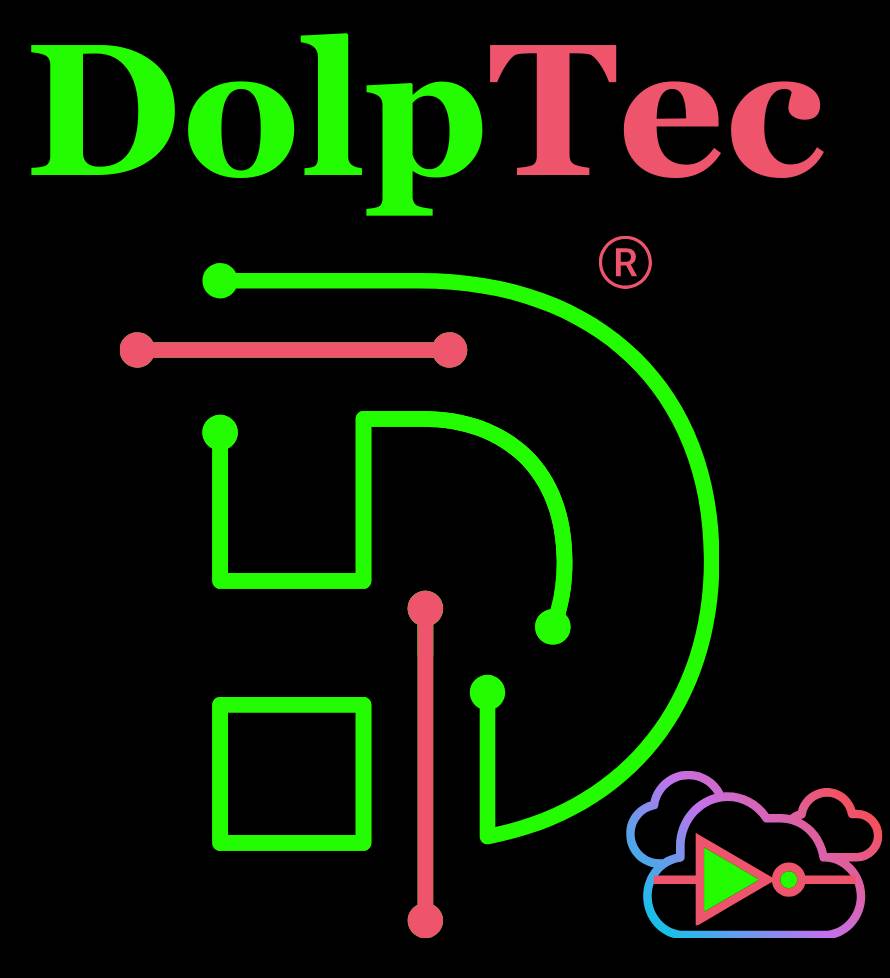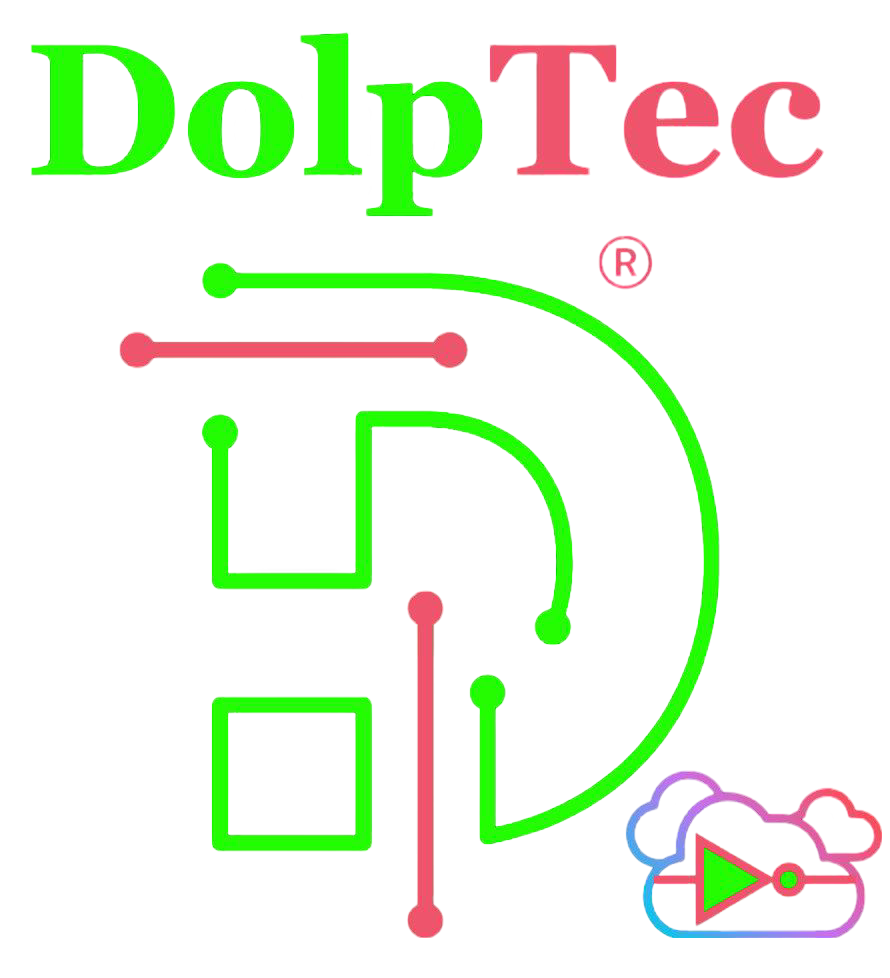Category:
Insights

- Access to Industry-Specific Courses
- E-learning platforms powered by IT solutions provide a vast library of courses tailored to emerging fields like AI, machine learning, blockchain, data science, and renewable energy.
- Learners can easily access cutting-edge knowledge, ensuring they stay ahead in rapidly evolving industries.
- Real-Time Updates on Industry Trends
- Machine learning algorithms analyze market trends and industry demands to regularly update course content, keeping it relevant and aligned with future career requirements.
- This ensures that learners acquire skills that are in high demand in their respective fields.
- Personalized Skill Development
- Advanced algorithms assess individual strengths, weaknesses, and goals to recommend tailored courses and resources.
- By focusing on their unique needs, learners develop skills that directly align with emerging career opportunities.
- Practical and Hands-On Learning
- E-learning platforms often integrate IT-based simulations, AR, and VR technologies, providing learners with immersive, hands-on experiences.
- These tools allow students to practice real-world scenarios, such as coding projects, machine learning model building, or engineering simulations, enhancing their practical expertise.
- Global Certifications for Credibility
- IT-enabled e-learning offers certifications from reputed institutions like MIT, Stanford, or Google, which hold global recognition.
- These credentials boost employability and showcase expertise in emerging fields to potential employers.
- Networking and Collaboration Opportunities
- IT tools facilitate virtual collaboration through discussion forums, group projects, and online events.
- Learners can build connections with peers, industry professionals, and mentors from around the world, opening doors to future opportunities.
- Upskilling with Emerging Tech Tools
- E-learning platforms expose learners to advanced tools and software like Python for AI, Tableau for data visualization, or SolidWorks for 3D modeling.
- By mastering these tools, learners are better equipped to meet the technical demands of their careers.
By leveraging these technologies, e-learners are not only prepared for current demands but are also equipped to thrive in industries of the future, fostering innovation and adaptability in their careers.







